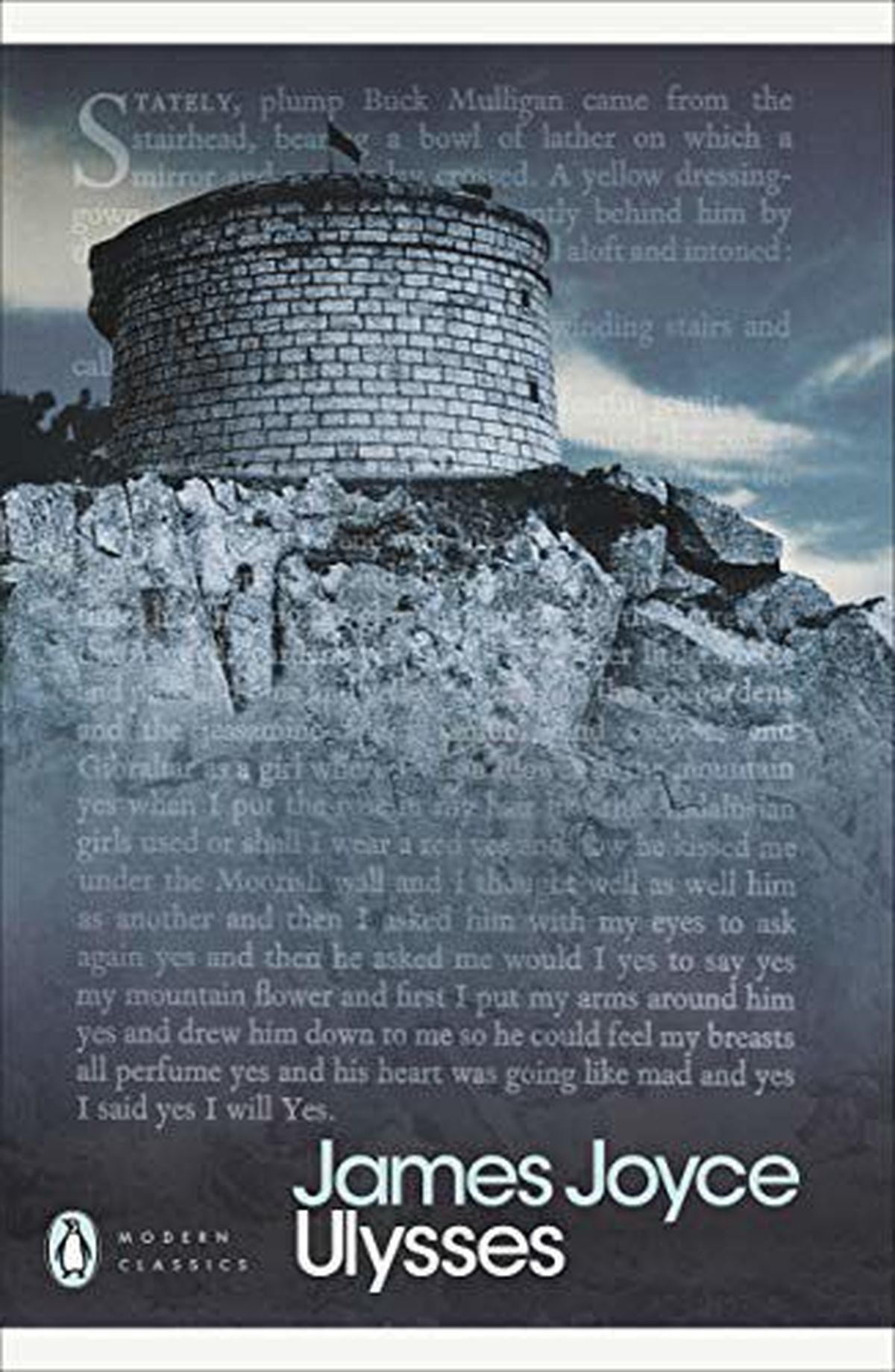Read that difficult book with your friends

For some, quarantine days are extremely busy. For others, the opposite is true, as they are faced with a complete lack of structure. But if there is one experience common to everyone, it is a sensation of uncertainty and disorientation.
Perhaps this does not feel like the best time to sit down and read a tough book; the intense concentration and the suspension of reality necessary to read a book might seem a difficult commitment right now.
Charles Andrews, professor of English at Whitworth University, said, “I have not found this to be the easiest time” to read tough books.
But in spite of the increased challenge, Andrews found a simple, fun and productive way of motivating himself and others: group reading.
Andrews, whose area of study is 20th century British and Irish literature, is familiar with difficult reading; he does scholarly work on the likes of Virginia Woolf. Since this spring, he has been teaching one of the most difficult books ever written: James Joyce’s “Ulysses.”
Only “teaching” might not be the best word to describe what he has been doing; this is no stand-before-the-class-and-lecture situation.
“I was able to get two students and two faculty members, who also said they wanted to read the book, and we just agreed – not for credit, not for anything other than just the fun of it – to meet once a week.” Meetings began in the early spring, and the group made the move to Zoom when school went online. “We decided to keep our group going, and we shifted over to weekly Zoom meetings.”
While we can’t all be in a small group of Whitworth faculty and students guided by a professor of English, this approach to group reading might be exactly the thing to make reading more accessible, stress-free and fun. Even with as difficult a text as “Ulysses” before them, this was certainly the case for the Whitworth group.
It’s “that regularity and that thing you’re doing just for fun. All of us in the group, even the faculty, were saying this is one of the few things they actually accomplished during this time. … It was truly one of the highlights of a time that has been rather distracting for all other parts of my life.”
It is all about the approach. “This isn’t a class, so you’re not really obligated. … You could tell that everyone in the group felt that this was very precious and you kind of hang on to this one anchor of regularity and feel like they were doing something that they hadn’t done before.”
But more than just emphasizing the voluntary nature of a group read, Andrews added that one’s individual approach to reading affects the outcome. Something that can deter readers from a book is “if you think that you need to read this and that you need to comprehend absolutely everything that is happening and sort of master the book in order to access it. … I always tell people to be OK with being lost, and in fact if you can enjoy some of the disorientation, being disoriented, at times, it’s part of the point.”
When asked to give a book recommendation, Andrews recommended Evelyn Waugh’s “Decline and Fall” and “Vile Bodies,” which he says are “so incredibly funny.” If planning to purchase a book, consider reaching out to local bookstores, like Auntie’s Bookstore, which are slowly reopening and accept orders for curbside pickup.
Reading as a group, regardless of the text, is an experience founded in discussion. When people read a book together, they gain a common experience, which can found individual growth and a sensation of togetherness. Andrews said, “Reading is such a solitary thing anyways, but I think right now many people are struggling so much with feeling alone.” The solution, then, is only logical: “Read with your friends.”